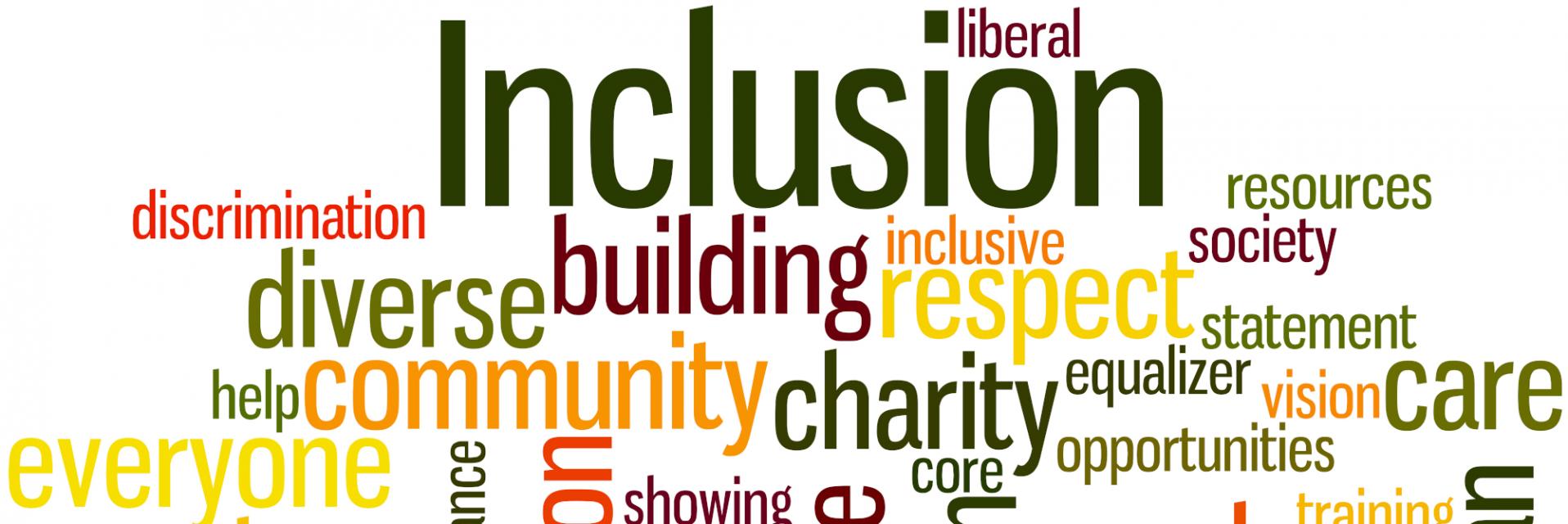Addis Ababa, 07 April 2021 (ECA) - In June 2019, the United Nations launched its Disability Inclusion Strategy in the context of the 2030 Agenda’s principle of leaving no one behind.
The strategy, which will be implemented for five years and reviewed and updated as needed, aims to enable the UN system to support the implementation of the Convention on the Rights of Persons with Disabilities (CRPD), the sustainable development goals, the Agenda for Humanity prepared for the 2016 World Humanitarian Summit, and the Sendai Framework for Disaster Risk Reduction.
In a presentation during first quarter Accountability and Programme Performance Review Meeting (APPRM), Katharina Goetze, an Associate Programme Management Officer with the DoA, shared the strategy and showcased what the ECA was doing to identify and address challenges in achieving disability inclusion.
She said the strategy features four core areas: leadership, strategic planning, and management – including senior leadership that champions disability inclusion, and establishing teams with expertise on disability inclusion; inclusiveness – which entails ensuring full accessibility for all, and actively involving persons with disabilities in all of its work; programming, such as joint initiatives to accelerate progress, and supporting disability-inclusive programming through practical guidance for the field and headquarters; and organizational culture.
This means evolving internal systems to attract, recruit, retain, and promote persons with disabilities in the UN workforce, and building staff capacities to understand disability inclusion. The strategy is accompanied by 15 performance indicators to facilitate progressive improvement.
The first report on implementation of the strategy established a baseline on the status of disability inclusion in the UN system. The report was released in 2020.
The United Nations Disability Inclusion Strategy provides the foundation for sustainable and transformative progress on disability inclusion through all pillars of the work of the United Nations: peace and security, human rights, and development.
It includes a policy and an accountability framework, with benchmarks to assess progress and accelerate change on disability inclusion. The policy establishes a vision and commitment for the UN system on the inclusion of persons with disabilities.
Highlighting the importance of disability inclusion as a human rights issue, Ms. Goetze said 15 percent of the world’s population lived with a disability.
There are three-pronged key approaches of the strategy, she said. These are:
- Twin-track approach
Track 1: Disability is a cross cutting issue and should be considered in all our work
Track 2: Targeted programming is needed - Intersectionality
Factors such as age, gender and location inform an individual’s experience. These factors also influence people with disabilities.
Co-ordination
A coherent and coordinated approach is essential to accelerate progress, build on each other’s work and achieve inclusion.
Strides have been taken to ensure the ECA compound increases accessibility, including creation of an Accessibility Centre which will soon be opened at the Conference Centre. The think tank has added sign language interpretation for meetings on request.
The ECA aims to have completed its report on disability inclusion by the end of April, documenting progress made so far.
Staff applauded the ECA for the work it is doing on disability inclusion and called on the institution to look beyond the compound to assist member States in this regard as well.
Executive Secretary Vera Songwe lauded the work being done by the team to ensure disability inclusion at the ECA. She said securing the rights of persons with disabilities was critical, adding this would also set an example for the organization’s 54 member countries, moving them closer to upholding the core values and principles of the United Nations Charter.
Issued by:
Communications Section
Economic Commission for Africa
PO Box 3001
Addis Ababa
Ethiopia
Tel: +251 11 551 5826
E-mail: eca-info@un.org

